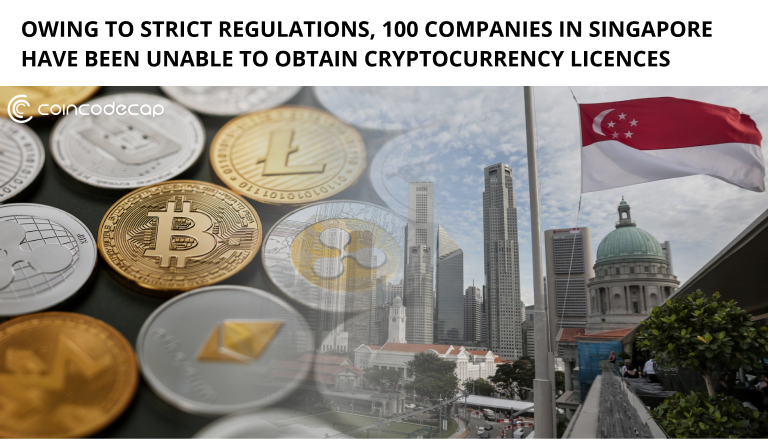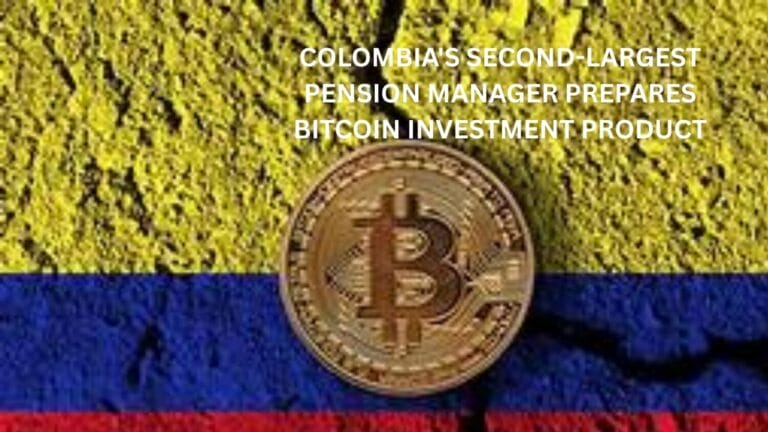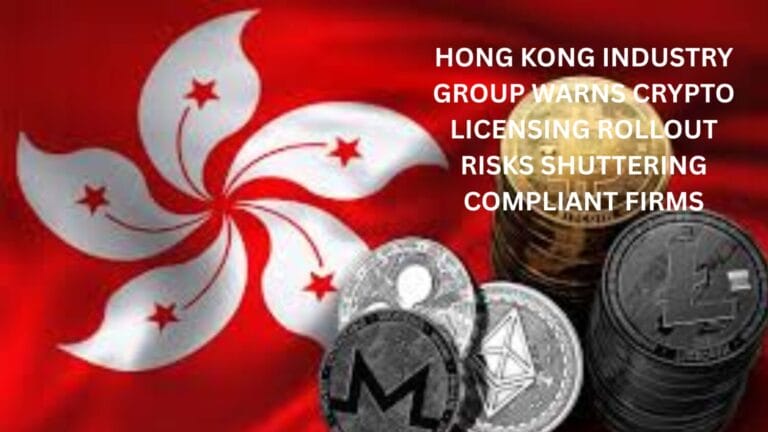Key Takeaways:
- Over 100 companies in Singapore have been unable to obtain cryptocurrency licenses due to strict regulations.
- The country’s central bank, the Monetary Authority of Singapore, stated that “cryptocurrencies could be abused for money laundering, terrorism financing, or proliferation financing due to the speed and cross-border nature of the transactions” (MAS).

Since Singapore began regulating the crypto sector earlier this year, about 170 companies have applied for a license to provide “digital fee token providers,” including crypto-related services.
In Singapore, cryptocurrency trade is legal, and bitcoins are considered products. In addition, the Monetary Authority of Singapore (MAS) has established cryptocurrency guidelines for enterprises to make bitcoin transactions.
However, more than 100 companies who applied for a license were denied or withdrew their applications.
Before the licensing regime’s implementation, companies operating in the country were allowed exemptions until their license applications were processed. In July, Senior Minister Tharman Shanmugaratnam told parliament that 90 companies were operating under such exemptions.
Retail investors are not permitted to purchase cryptocurrency funds. In addition, according to Tharman, who is also a senior minister and the coordinating minister for social programs, the MAS has the authority to impose additional restrictions on digital token service providers, such as regulating exchanges that facilitate cryptocurrency trading.
Only DBS Vickers Securities, a unit of DBS Group Holdings, Southeast Asia’s largest bank; digital payments startup FOMO Pay; and Australia’s Independent Reserve are currently mentioned as licensed businesses on the MAS website. In addition, the MAS stated that Singapore aspires to become a worldwide crypto powerhouse in November.
According to a representative for the Financial Authority of Singapore (MAS), the country’s central financial institution and cryptocurrency regulator,
“Cryptocurrencies could be abused for cash laundering, terrorism financing, or proliferation financing because of the velocity and cross-border nature of the transactions.”
The spokesperson proceeded to say:
“Digital fee token service suppliers in Singapore must adjust to necessities to mitigate such dangers, together with the necessity to perform correct buyer due diligence, conduct common account opinions, and monitor and report suspicious transactions.”
In comparison to stocks and bonds, cryptocurrency trading in Singapore is still limited, with the combined peak daily trading volumes of Bitcoin, Ethereum, and XRP accounting for only 2% of the average daily trading volume of assets on Singapore’s primary stock exchange last year.
In September, the central financial institution ordered Binance to stop offering crypto providers to citizens. As a result, Binance announced last week that its Singapore platform would be closing down.
Binance CEO Changpeng Zhao (CZ) said that the Singaporean exchange’s closure was due to an 18% investment in Hg Change (HGX), a licensed securities exchange in Singapore.
HGX is a community-led private stock exchange formed by Phillip Capital Asset Management, Prime Partners Financial Services, and investment platform fundamentals. HGX uses the Zilliqa blockchain.









